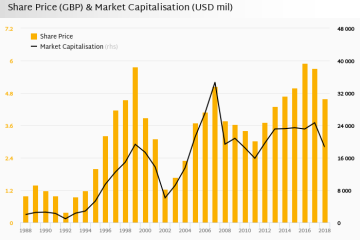Discovering South Africa: Culture, Economy, and Future

Introduction
South Africa, known for its diverse cultures and landscapes, is a country of significant economic and political importance on the African continent. With its rich history and complex socio-political landscape, South Africa plays a vital role in regional and global affairs. Recent developments highlight the nation’s ongoing challenges and opportunities, making it an important focus for investors, tourists, and policymakers.
Culture and Diversity
South Africa is often referred to as the “Rainbow Nation” due to its rich mosaic of cultures, languages, and traditions. The country is home to 11 official languages and various ethnic groups, contributing to a vibrant societal fabric. Major cities like Cape Town, Johannesburg, and Durban showcase this diversity through numerous cultural festivals, art exhibitions, and culinary experiences. In recent years, initiatives promoting inclusivity and cultural exchange have gained momentum, further enhancing South Africa’s global appeal.
Economic Landscape
Economically, South Africa faces significant challenges, including high unemployment rates, economic inequality, and energy crises. As of October 2023, the unemployment rate hovers around 34%, prompting a renewed focus on job creation and investment. The government has implemented strategies to stimulate economic growth, including investments in renewable energy and infrastructure development. The mining sector remains a cornerstone of the economy, along with tourism, telecommunications, and finance. Despite these challenges, economic analysts remain optimistic about the country’s growth potential, particularly in technology and green energy sectors.
Political Developments
South Africa’s political landscape continues to evolve, especially with the upcoming elections scheduled for 2024. The ruling African National Congress (ANC) faces increasing pressure from opposition parties as public dissatisfaction grows over service delivery and corruption. Analysts predict a more dynamic political environment, with potential shifts in power that could affect policy direction and economic stability.
Conclusion
South Africa stands at a crossroads, balancing its rich cultural heritage with pressing economic and political challenges. As it navigates these complexities, the country offers a unique perspective on the interplay between diversity, economic growth, and governance. For investors, travellers, and citizens alike, the developments in South Africa will continue to hold importance, shaping not just the nation’s future but also the broader dynamics within the African continent. As South Africa embraces change, the world watches eagerly for the potential it holds.









